Clean-Up Crew for Dairy Manure
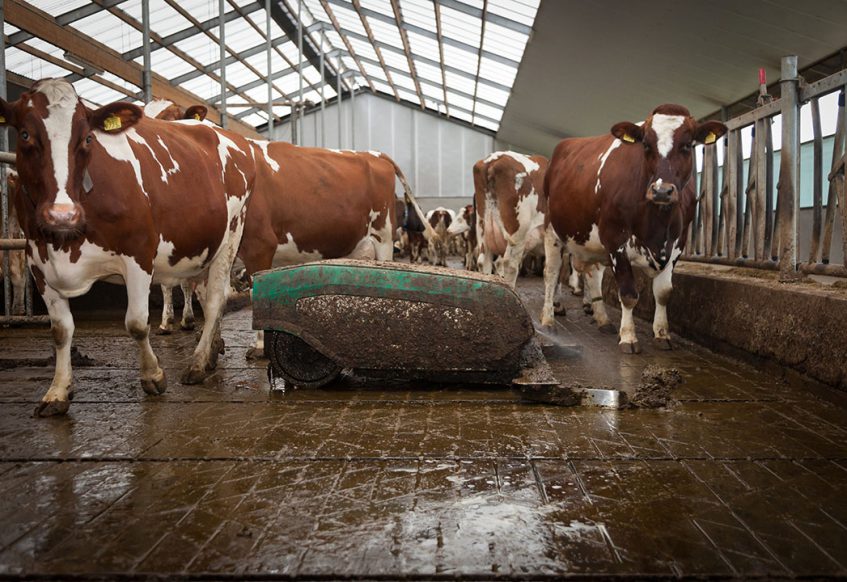
In a pioneering study conducted by Liu et al. in 2008, black soldier fly larvae (Hermetia illucens) emerged as an effective solution to address bacterial contamination in dairy manure. Focusing on the reduction of Escherichia coli, a common indicator of fecal contamination, this article explores the key findings of the research and the potential role of black soldier fly larvae in transforming dairy waste management.
The Challenge of Microbial Contamination in Dairy Manure
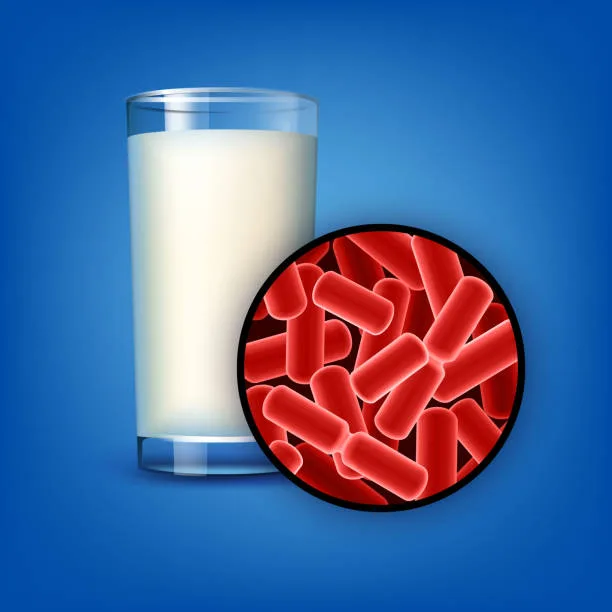
Dairy manure, a byproduct of milk production, poses significant challenges related to nutrient management and potential microbial contamination. Escherichia coli, a bacterium found in the intestines of warm-blooded animals, serves as an indicator of fecal pollution and can pose risks to human and animal health when present in high concentrations. Effective management of dairy manure is crucial to mitigate these risks and enhance environmental sustainability.
The Bioconversion Power of Black Soldier Fly Larvae
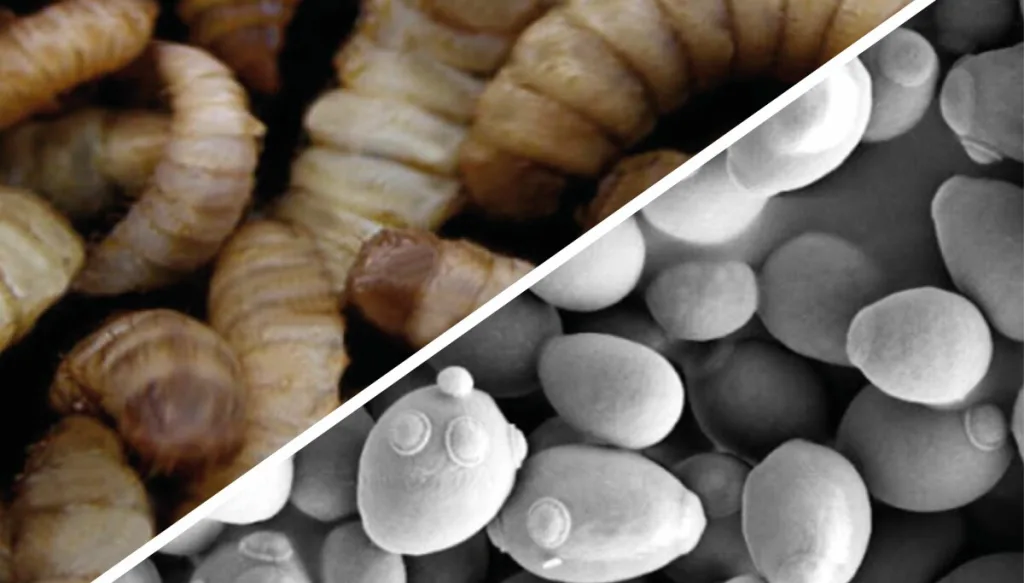
Liu et al.’s study investigates the efficacy of black soldier fly larvae in reducing Escherichia coli levels in dairy manure. Known for their voracious appetite and efficient organic waste conversion, black soldier fly larvae were introduced to dairy manure as potential bioconversion agents. Their ability to break down complex organic materials into simpler compounds makes them ideal candidates for transforming waste into valuable resources.
Experimental Setup and Results
The researchers designed controlled experiments to assess the impact of black soldier fly larvae on Escherichia coli reduction. Dairy manure was inoculated with larvae, and bacterial counts were monitored over time. The findings revealed a significant decrease in bacterial counts, indicating the larvae’s ability to actively break down and reduce the presence of harmful bacteria in the manure. Specifically, the presence of black soldier fly larvae led to a substantial reduction in Escherichia coli concentrations, showcasing their potential as a natural clean-up crew.
Mechanisms Behind Bacterial Reduction
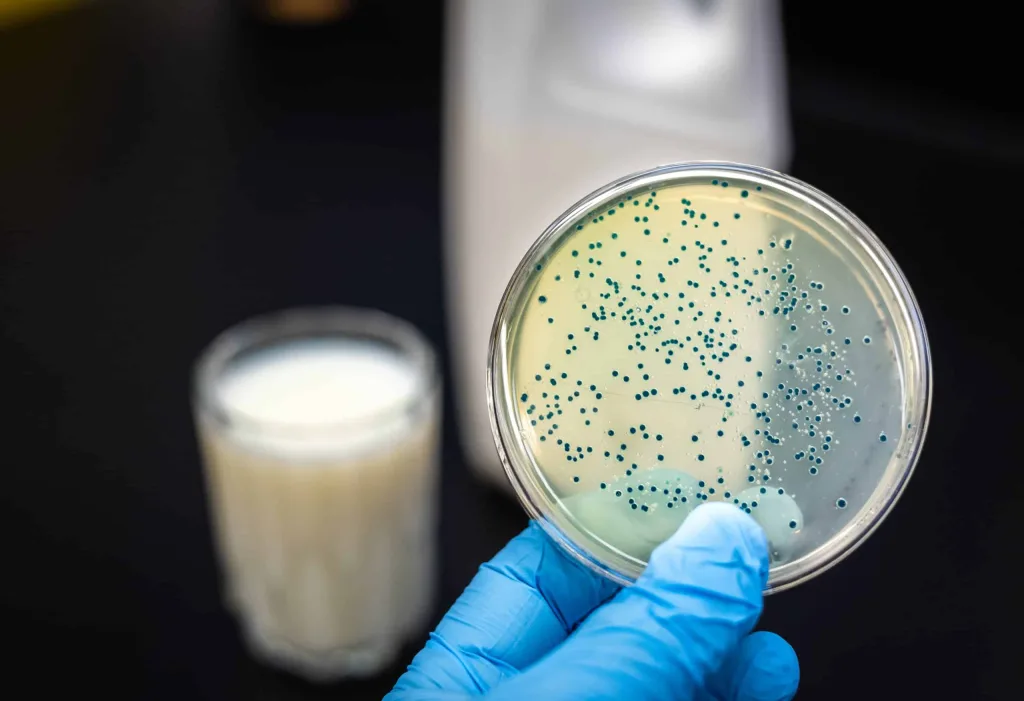
Liu and the team delved into the mechanisms driving the reduction of Escherichia coli by black soldier fly larvae. They identified several contributing factors:
- Digestive Processes: The larvae’s digestive enzymes effectively break down complex organic matter, reducing bacterial populations.
- Antimicrobial Compounds: Compounds present in the larvae’s excreta exhibit antimicrobial properties, further diminishing bacterial levels.
These mechanisms underscore the larvae’s role in creating a less hospitable environment for harmful bacteria, contributing to overall manure sanitation.
Implications for Sustainable Manure Management
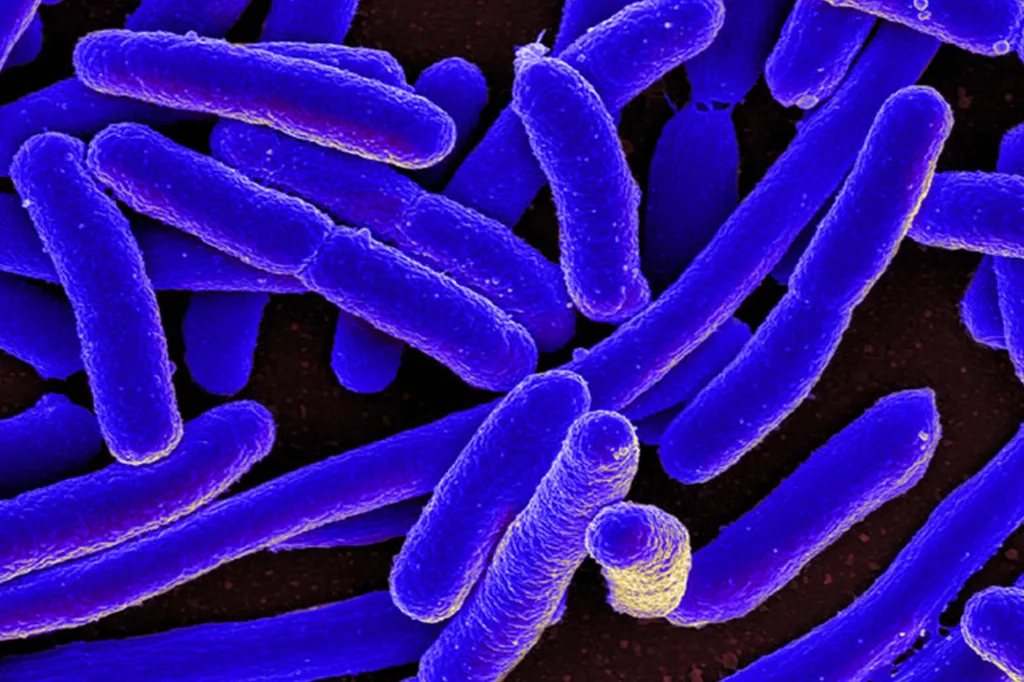
The study holds promising implications for the agricultural sector, offering a sustainable and environmentally friendly approach to managing dairy manure. By harnessing the bioconversion capabilities of black soldier fly larvae, farmers may not only address the challenge of bacterial contamination but also transform manure into nutrient-rich compost for use in agriculture. This dual benefit enhances the value of manure as a resource while mitigating environmental and health risks.
Advancing Sustainable Agriculture Practices
As global agriculture seeks innovative solutions to enhance sustainability and reduce environmental impact, the research by Liu et al. positions black soldier fly larvae as natural agents for improving manure quality. This bioconversion strategy aligns with the broader goals of sustainable agriculture, promoting circular economies and minimizing the ecological footprint of livestock farming. By integrating black soldier fly larvae into manure management practices, farmers can contribute to a more resilient and sustainable agricultural system.
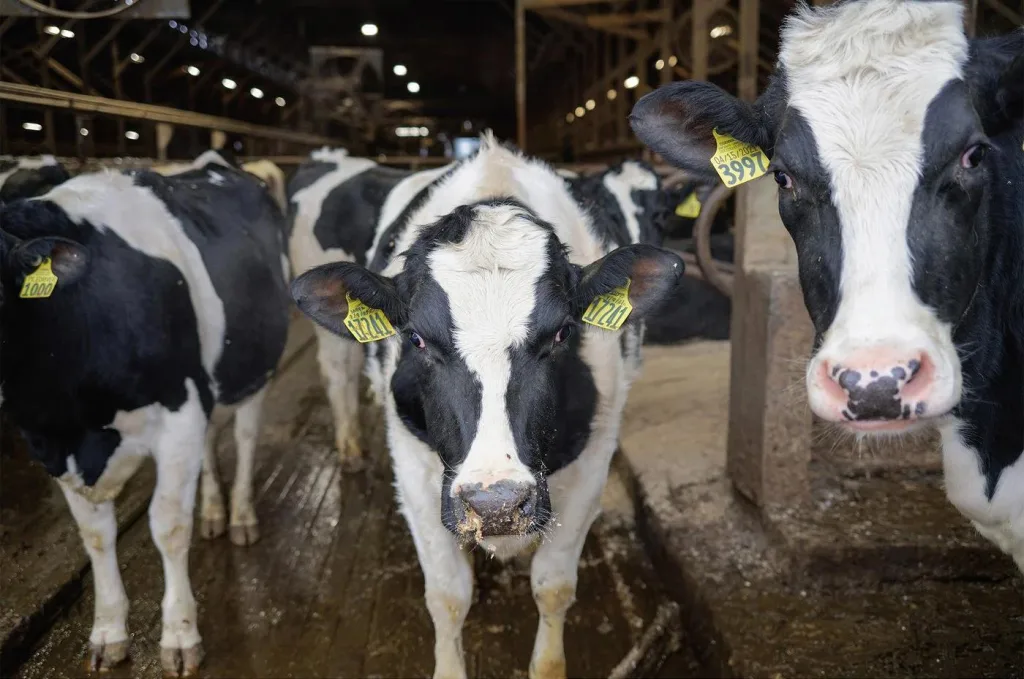
Liu et al.’s study underscores the transformative potential of black soldier fly larvae in mitigating Escherichia coli contamination in dairy manure. The findings highlight the larvae’s role as efficient bioconverters, offering a sustainable solution to enhance manure quality and contribute to environmentally conscious agricultural practices. As the world continues to explore nature-based solutions to agricultural challenges, black soldier fly larvae stand out as valuable contributors to the evolving landscape of sustainable waste management in livestock farming.
By leveraging the natural abilities of these larvae, we can move towards a more sustainable and efficient approach to dairy manure management, ultimately fostering a healthier and more sustainable agricultural ecosystem.
For more information about:
- Insect Bioconversion of Waste, please contact us at the Insect school. https://www.insectschool.com/
- Turnkey Insect Farms – https://www.insectengineers.com/bsfturnkey/production
- If you would like to book BSF industry keynote speaker Bob Holtermans for your event – https://www.insectengineers.com/about-us/speaker-bobholtermans
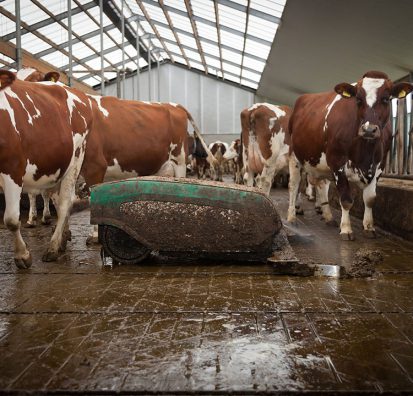
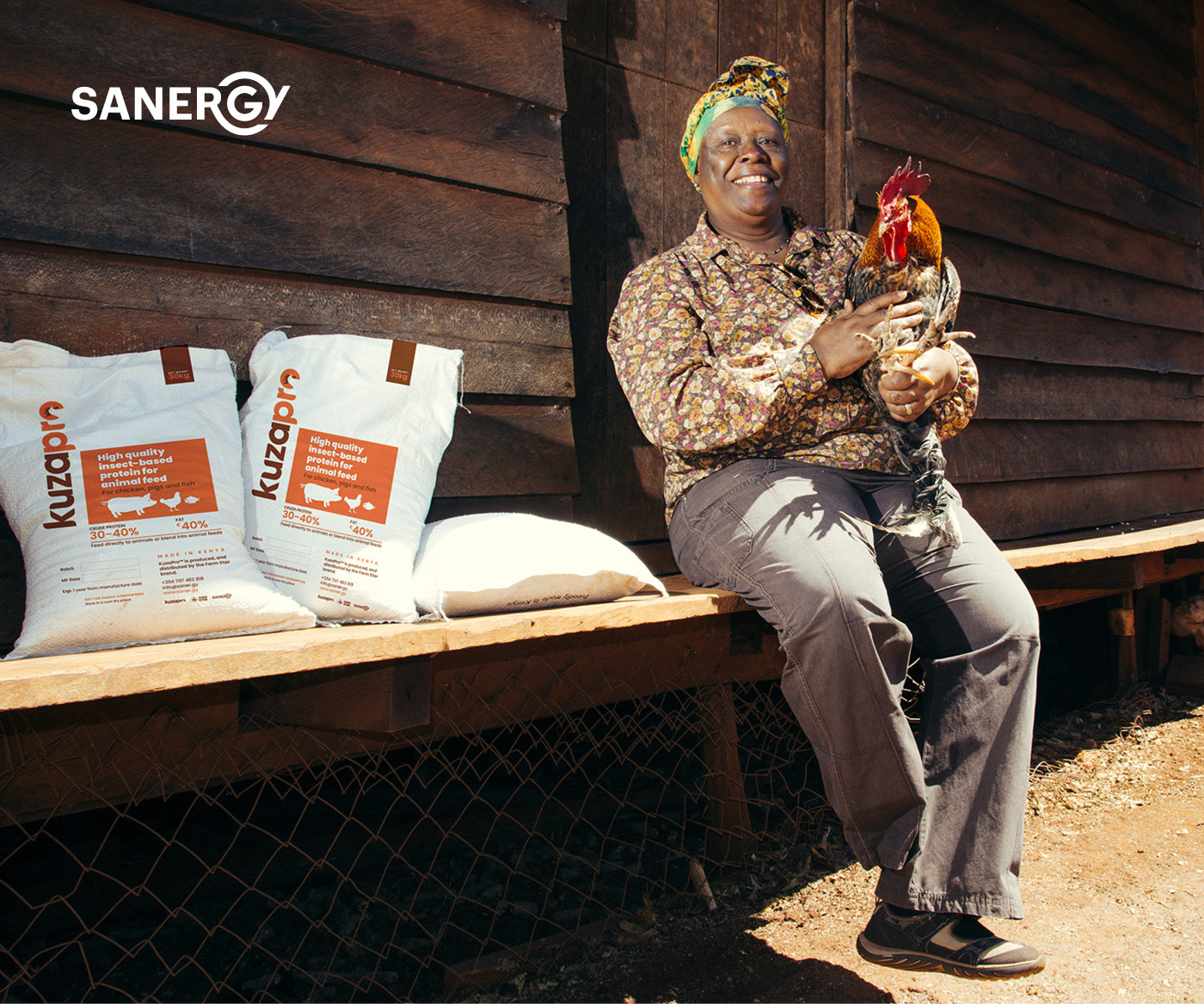
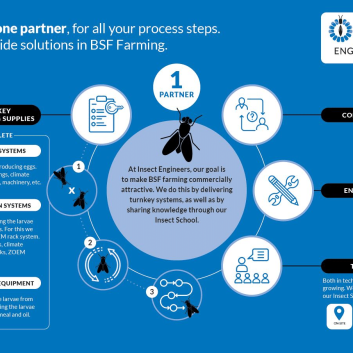
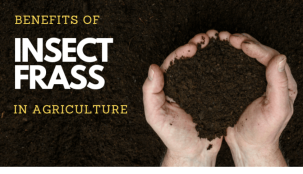
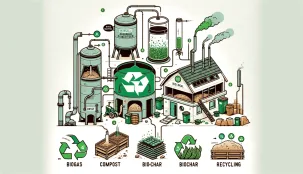
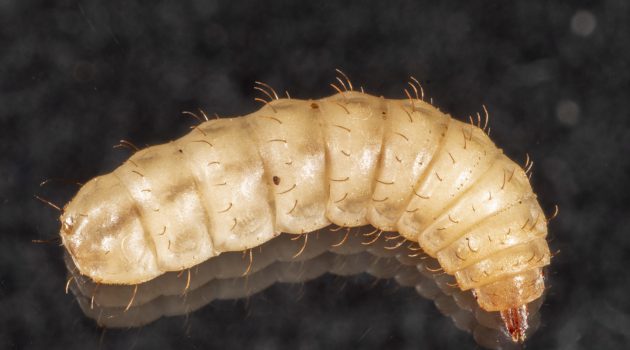
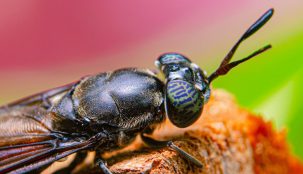
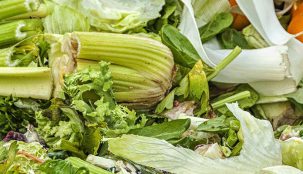
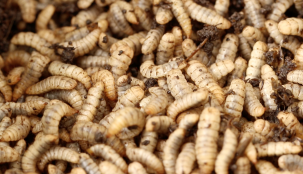


Leave a Reply